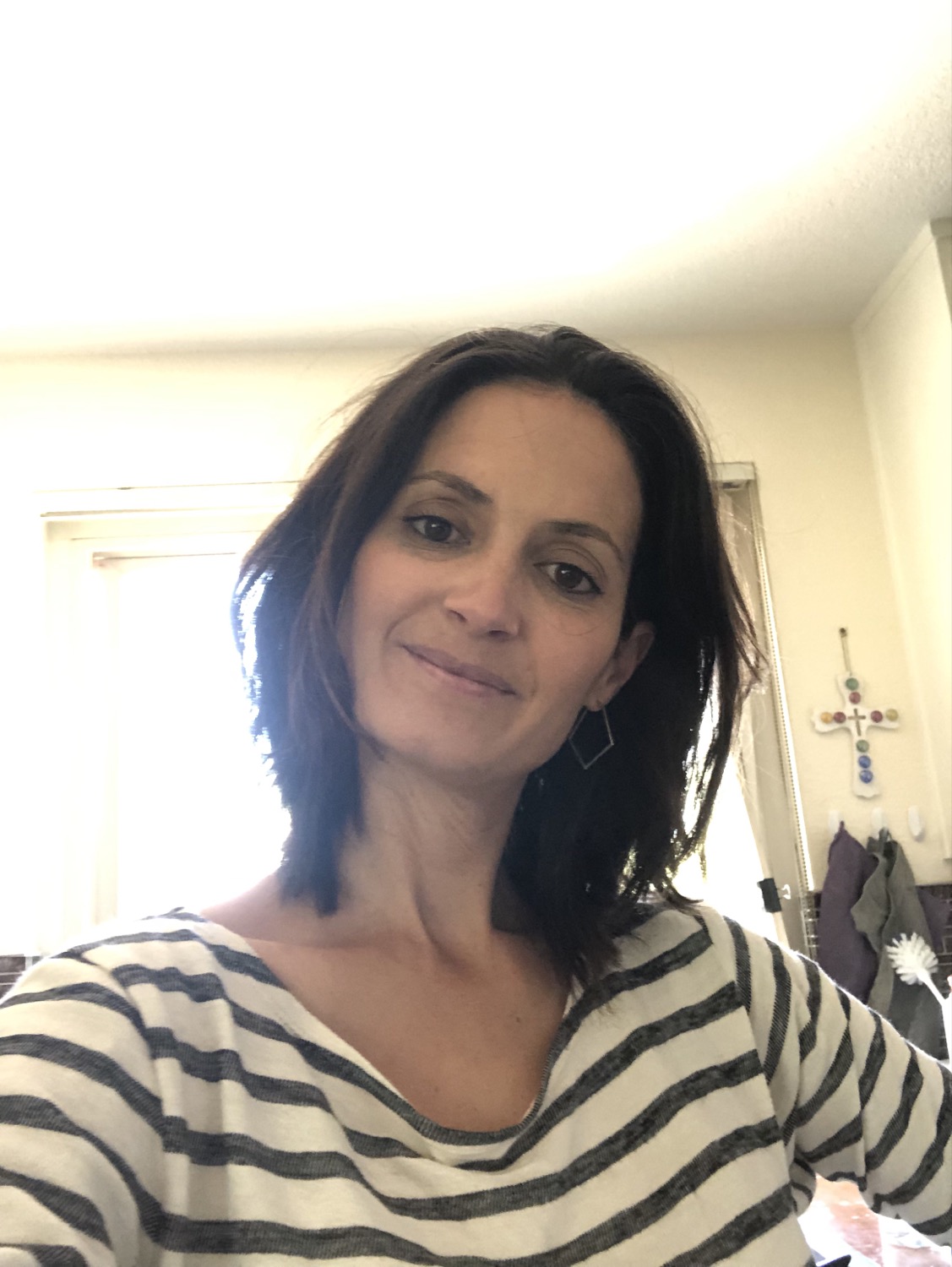The importance of Connection
- Julia Greensmith

- Feb 22, 2022
- 2 min read
Updated: Apr 27, 2022
Human connection is at the very core of our being. Connection is the energy that fuels security, belonging, trust and safety. It is how we feel seen, heard, validated and valued. It is vital in order to grow, learn and develop in our physical, mental and emotional wellbeing.

According to scientist Matthew Lieberman, ‘our need to connect is as fundamental as our need for food and water.’ Lieberman, shares that there is data to suggest that we are ‘profoundly shaped by our social environment and that we suffer greatly when our social bonds are threated or severed.’ This is seen across many studies of mammals from rodents all the way to us humans. He shares that when ‘we experience social pain –a snub, a cruel word, the feeling is as real as physical pain.’ (Scientific American)
Our connection to each other as human beings can be said to be the reason why when we see someone expressing an emotion, for example pain or happiness, we actually mimic that person’s facial expressions and ‘feel’ the same emotion.

Author and Writer Brene’ Brown defines Connection as “the energy that exists between people when they feel seen heard, and valued; when they can give and receive without judgement and they drive sustenance and strength from the relationship”
What happens when we do not feel connected? Research has shown that when we feel disconnected, isolated and alone, it can lead to an overall lack of wellbeing which can lead to many physical, emotional and mental health problems. More importantly, if there is disconnect, lack of response and attunement with our children, it can affect their own self autonomy, confidence and resilience. This can lead to them experiencing long term emotional, social and behavioral difficulties which ultimately affects relationships and their own ability to connect with others as they go on to teenage years and adulthood. Knowing just how vital connection is for us to thrive as human beings, it places that much more importance to nurture this connection from the very beginning.
When does connection begin? When does the relationship and the process of bonding/connection with the caregiver actually start?
The first 1001 days of life is the period of time from conception to roughly age two years of age and is said to be the most crucial period of time for development to occur. According to UNICEF.org it is “a unique period of opportunity when the foundations of optimum health, growth, and neurodevelopment across the lifespan are established."
It can therefore be suggested that this is a period when the baby’s need for the primary caregiver to nurture his development is most vital. Nurturing development from the womb and beyond is fostered through the beauty of human connection!

“Human connection creates neural connections” ~Dan Siegal.
Therefore we can establish that the mere act of being present, responding to, attuning to the needs of baby, being intentional about bonding with baby in and out of the womb will support and create greater human connection which ultimately creates and strengthens neural connections.
According to First1000daysfl.org "A child's first 1000 days are critical. By age two, a baby’s brain has reached 80% of its adult size. The quality of experiences during the first 1,000 days of life establishes either a strong or fragile foundation for everything that follows."
Dancing alongside you in Motherhood
Julia xo


Comments